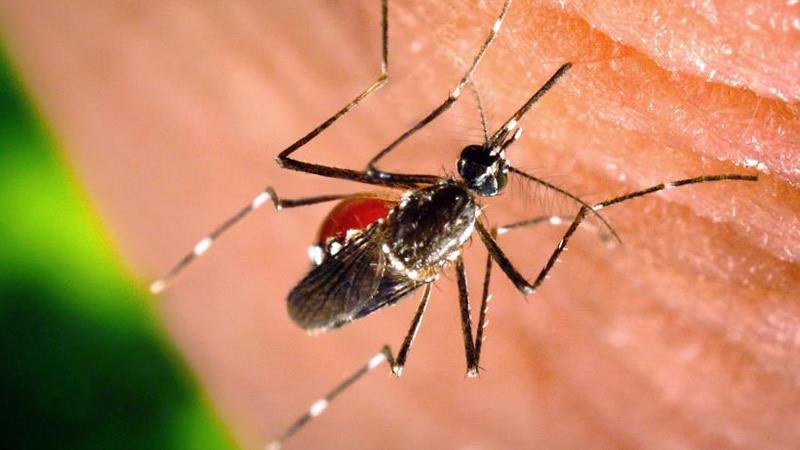Chikungunya: when pain persists beyond the fever.

Chikungunya, ultimately, is not just a passing fever: it can leave a lasting mark on the body and the lives of those who suffer from it.

Beyond being an acute febrile illness transmitted by Aedes mosquitoes, chikungunya fever is leaving a silent mark that deserves attention: its rheumatic aftereffects. Although the fever and initial symptoms usually resolve within five to fourteen days, more than 40 percent of patients experience persistent joint pain and stiffness that can last for months.
Specialists point out that after the acute phase, many patients develop symptoms similar to rheumatoid arthritis or seronegative spondyloarthritis.
It involves symmetrical polyarthritis in the hands and feet, chronic pain, fibromyalgia, adhesive capsulitis, or even plantar fasciitis.
In these cases, the virus triggers a post-viral inflammatory condition that becomes a real challenge to quality of life. When rheumatic discomfort extends beyond three months, experts refer to it as chronic chikungunya arthritis, a condition that can be mistaken for autoimmune diseases and often requires prolonged treatment.
Chikungunya, therefore, is not limited to fever or temporary discomfort: it can become a long-term enemy of the joints. The warning lies in recognizing those persistent symptoms and not underestimating them, because the virus leaves a mark not only during the febrile stage but also in the daily lives of those who suffer from it.
Many people ask the same question: can chikungunya strike again? The specialists’ answer is clear: no. This disease can only be contracted once, as the body develops antibodies that protect against future infections of the virus. However, there are several factors to consider.
One of them is the persistence of symptoms, since many ailments do not disappear immediately, creating the sensation of a relapse. Also influential is the circulation of other arboviruses, as Cuba is home to diseases such as dengue—with its four serotypes—zika, and oropouche, which can indeed reappear after an initial infection.
According to experts, cases of chikungunya and at least one dengue serotype are currently circulating in the province of Matanzas, making it essential to see a doctor at the onset of any febrile condition.
A precise diagnosis is obtained through a blood test known as IgM, recommended around the sixth day of illness, which allows for accurate identification of the arbovirus affecting the patient.
Chikungunya, ultimately, is not just a passing fever: it can leave a lasting mark on the body and the lives of those who suffer from it.
Recognizing its aftereffects, addressing persistent symptoms, and understanding that prevention remains the best tool are key steps in confronting this nonspecific febrile syndrome.
Written by Yunielys Moliner Isasi.




